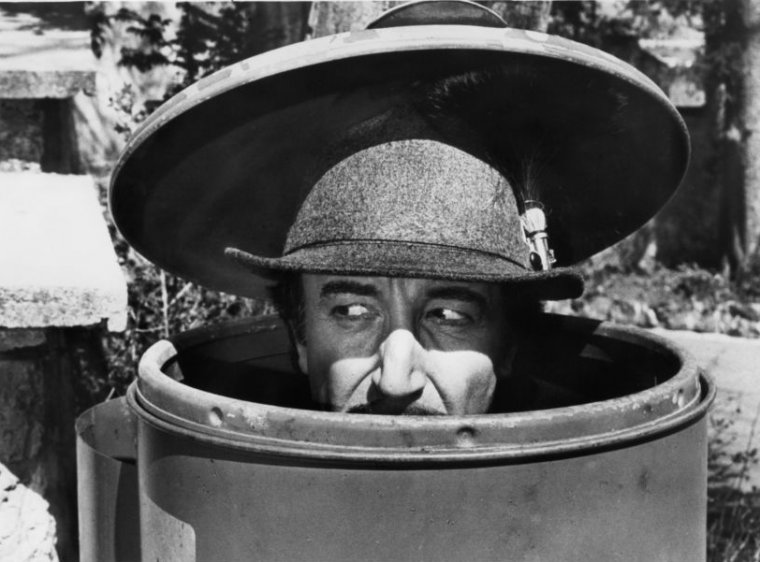
While the government may be considered Big Brother, a team of researchers in California are officially that parent.
The researchers resorted to snooping through high schoolers’ trash to get a better understanding of their vaping and smoking habits. The results of the “garbology” study appear in the October 11 issue of the Centers for Disease Control and Prevention’s Morbidity and Mortality Weekly Report.
The gumshoes—Jeremiah Mock and Yogi Hendlin of University of California, San Francisco—scanned the parking lots and perimeters of 12 public high schools in the San Francisco Bay Area between July 2018 and April 2019. They picked up any trash related to e-cigarettes, combustible tobacco products, and cannabis products that they suspected litter-bug teens left behind.
They collected 893 items in total. Of those, 620 were cigarette butts, 172 were e-cigarette-related waste (nearly all Juul products), 87 items related to little cigars or cigarillos, and 14 cannabis-related items.
Almost all of the Juul-related trash was found at schools with predominately upper- and middle-income students. Most of the cigar and cigarillo trash was from schools with predominately lower-income African American and Latino students, Mock and Hendlin reported.
Regardless of what the teens were inhaling, they strongly favored flavored products, the duo concluded. Of the 74 Juul or Juul-compatible pods with flavor labels they found, only one was tobacco flavor. The others ranged from mint flavors (64%) and mango (25%) to a few Crème Brulee and Fruit Medley pods. Likewise, a majority of the cigar and cigarillo products were flavored.
While the researchers called for more policies to help combat teen use of tobacco use, they noted that “[y]outh use of flavored tobacco products, including mint and all other mentholated flavors, is of particular concern.”
Their report lands amid a firestorm around e-cigarettes sparked by both an “epidemic” of teen use of the products and a rash of severe lung injures linked to vaping.
Moral crusades
The Food and Drug Administration has cracked down on e-cigarette makers and sellers—particularly Juul—accusing them of marketing to teens and baiting them with kid-friendly flavor. The Trump administration last month said it is working on a ban of flavored e-cigarette products to address the problem. Many states and local governments, including Washington state and San Francisco, have already moved to ban e-cigarette flavors or e-cigarettes all together—much to the dismay of vapers who are trying to quit traditional cigarettes.
Meanwhile, the CDC, FDA, and state health departments are investigating a nationwide outbreak of lung injuries linked to vaping. As of October 8, the CDC has counted 1,299 confirmed and probable cases in 49 states, including 26 deaths. Though it’s unclear what’s causing the illnesses, investigators have focused on counterfeit and black market products. Most of those sickened have reported vaping THC-containing products (76% of 573 patients for which there is sufficient data).
Interestingly, both of these issues appear to be somewhat unique to the US. For instance, the UK—which has embraced e-cigarettes as a way to wean smokers off traditional cigarettes while also adopting stricter regulations on their use and nicotine-levels—has not seen a spike in teen use or an outbreak of vaping-linked illnesses.
As an article in Vice recently pointed out, the contrast is even starker in light of the fact that multiple hospitals in the UK have even allowed vape shops to operate on their properties. Such relationships now appear out of the question in the states, amid the “full-throttle panic in Washington,” as Vice put it.
Brad Rodu, a professor of medicine at the University of Louisville and an expert in tobacco-addiction harm-reduction, noted to the outlet, “I think the difference between the UK and the US are due to the American propensity to turn health issues into moral crusades.”
https://arstechnica.com/?p=1583707

